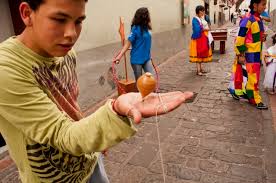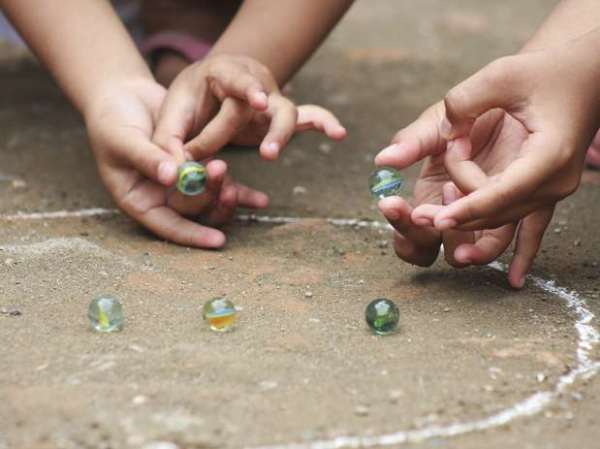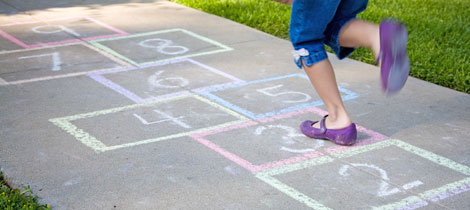 2. A well carved, rounded, piece of wood with a piece of metal on the tip decorated with as many colors as you wanted and a piece of rope; those are the main pictures that pop into my mind when i think about the “trompo“. I can honestly this game was probably one of the hardest we children ever played, not because of its rules, but because of the concentration skills you had to have. From the moment of purchasing it until the moment where you start to learn more and more new tricks with the trompo on the palm of your hand, the trompo is a whole type of science. That is why those who did more tricks, were considered to be the kings and queens of the playground.
2. A well carved, rounded, piece of wood with a piece of metal on the tip decorated with as many colors as you wanted and a piece of rope; those are the main pictures that pop into my mind when i think about the “trompo“. I can honestly this game was probably one of the hardest we children ever played, not because of its rules, but because of the concentration skills you had to have. From the moment of purchasing it until the moment where you start to learn more and more new tricks with the trompo on the palm of your hand, the trompo is a whole type of science. That is why those who did more tricks, were considered to be the kings and queens of the playground.

3. The canicas, what can i say about this game? Well there are so many words and emotions in my mind when i look back on this game. well, to make you understand how important this game was back in the past, i will just tell you just to imagine all your friends, cousins, siblings and neighbours saving up money doing chores, buying less candy during our lunch breaks, to buy the prettiest marbles and the strongest ones to show them off when the time came. The game consisted in drawing a ci rcle with chalk on the floor, then you and your friends would put your marbles in and with the tip of your finger you would try to flinch another marble out of the circle. if you were lucky, and of course if your friend did not make a fuzz for losing, then you would have been able to take his or her marble away! how great is that? So i bet, you can now picture all of the tension and emotion that built up the whole time.
“How great is it when we talk about our past childhoods, it somehow makes us think and reflect on how fast we have all changed and how future generations are. Just imagine, 20 years ago we were happy with a piece of chalk and now you see kids crying over a phone. How crazy is it to think that our mind concepts have disrupted throughout time. The thing however is not to regret the changes but to try to take them as opportunities to really appreciate and cherish our identities because our identities define our past and our past defines our hearts, right?”
